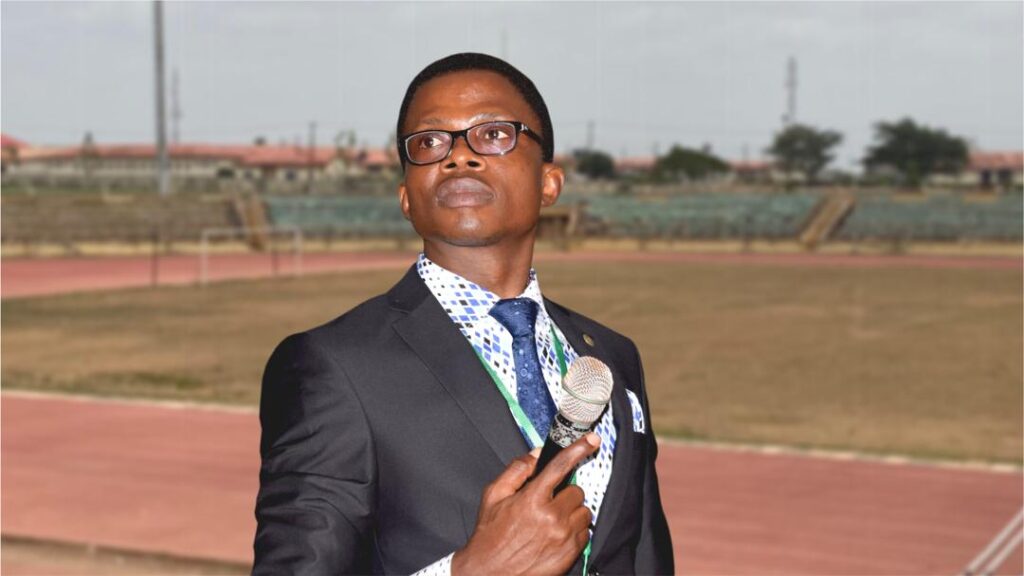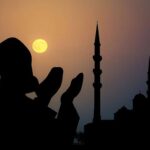
Besides that, reference to the sense of hearing in the Quran is in the singular while that of sight or seeing always occurs in the plural. In other words, the Quran appears to call our attention to the multiplicity of perception, of the lack of exactitude in our sense of seeing, unlike that of hearing, which hardly suffers similar infirmity. It is possible for humans to see images in duality; hardly could confusion occur in what we hear.
Further, humans’ ability to hear enjoys primordial priority over and above that of its capability to see. Medical practice and human experience even attest to this: that in the embryonic stage, the organ of hearing usually develops first before that of seeing; that, at birth, the organ of hearing usually begins functioning first before that of seeing. In other words, if a disturbing sound is produced near the newly born baby, she feels terrified and cries. But if a hand is placed near his eyes, he is unable to neither push the former away nor sense any sort of danger.
Now when eventually the eye begins to function, its ability to see is contingent on the availability of light; the eye needs light to see. Rays of light have to be reflected on entities in the phenomena, before the latter is reflected or refracted to the eye before the latter can contemplate them. While the eyes become useless under darkness, the organ of the ear, though resident inside the human head, functions day and night. It does not go on break!
In other words, dear brethren, if the above is not instructive enough, you need to ponder the fact that unlike the human eyes, the ear does not stop functioning each time we go to sleep. This is because the cessation of the functioning of the human ear is usually a testimony to the occurrence of death. This is what happened to the men of the cave whose story the Almighty relates to us in Chapter 18 of the Quran.
The Almighty says: “Then We smote their ears many years in the Cave.” (18:11)
By smiting their sense of hearing, the people of the cave were able to sleep hundreds of years without any disturbance. Noisy daylight movements, contrary to night quietness, usually prevent humans from sleeping deeply. Yet the ears never sleep or lose attention. The ear is always under constant watch.
Put differently, we all know that our sense of sight can be willingly controlled by us; we usually decide what to see or not to see. But while this is true, while we can close our eyes against entities we do not want to see, it is however true that the same cannot be said of our sense of hearing. For example, when someone is in a room where 10 people are talking, their voices will reach his ear whether he is willing or not. Again, whereas it is true that people see different things differently sometimes due, partly, to a different variation of sight, it is often the case that we partake in hearing the same sound particularly when we are assembled in one place. Thus the sense of sight is multiple; that of hearing is often unitary. This is evidenced in the Quran where the Almighty mentions the sense of seeing in the plural while, He refers to the sense of hearing in the singular. It is for a divine purpose and wisdom! – Listen only to the call of the Almighty. Your refusal to listen to Him would lead to insecurity; it would lead to calamity. The people of ‘Ad did not listen to the Almighty then, they became insecure. The Almighty says: As for Thamud, they were destroyed by the thunderbolt (Q 69:3-4).
Thus dear brethren, while we strive to listen to the Almighty during the day, let us be aware that each time we lock our doors at night, each time we close the windows to our homes at dusk, each time we switch off the light, each time we turn on or off the security alarm, there is a constant security watching over that which we cannot by and of ourselves secure. It is the Almighty, the Omnipresent, the Omniscient; He is the REAL SECURITY. It is He who protects our ears, while its “gate” is constantly open ajar from being invaded by “hoodlums” we can neither see nor confront; it is the Almighty who never sleeps but grants us the opportunity to sleep and rest at night who can only guard and protect that which we assume, of and by ourselves, we can protect. Endeavour to perform ablution each time you retire to bed; recite ayah al-Qursiy and seek blessings on the Prophet. May The Almighty’s protection become a garment and a canopy that will constantly accompany us all (Amin)
(08122465111 for texts only)
Afis Ayinde Oladosu is a professor of Middle Eastern, North African and Cultural Studies Dean, Faculty of Arts,
University of Ibadan, Nigeria












